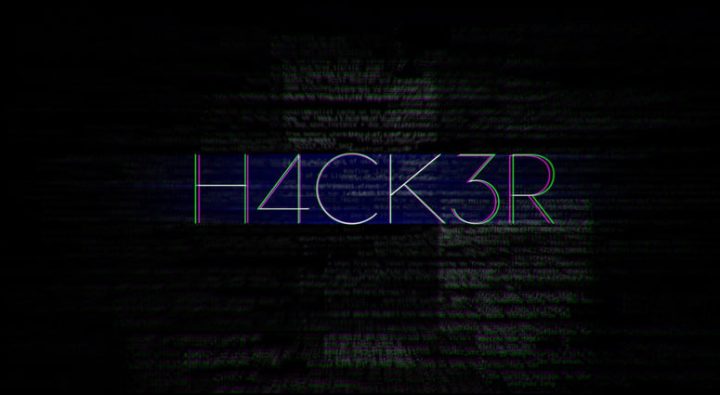used with permission from Microsoft at Work
Whether at work, home, or mobile, keeping your computer and other devices secure is important. There are any number of threats to security on the web, but keeping your personal and work data safe is relatively easy. It may take a few minutes to get things set up, but after that, things mostly take care of themselves and you can sit back, relax, and enjoy worry-free computer time.
Passwords
How many different passwords do you have? If the answer is “one” or “a few,” then you run the risk of all your password-protected accounts being compromised as soon as one of them is. A leak from one site means every other site with that same password is at risk. If you use that same password for your email accounts, hackers could take that over, too, which would leave you locked out of your account and unable to change any of your passwords once you realize it’s been compromised.
Creating unique passwords for each account helps keep you and all your accounts safe. That’s a lot of passwords to remember, but thankfully there are password managers that can help you keep track of them.
Recently, SplashData released their list of the top 25 most common passwords and they included such gems as: 123456, password, 12345, qwerty, 12345678, and other equally bad passwords. They recommend not using passwords based on your favorite sport, not using your birthday or other significant dates in your life, swear words, film names, athlete names, or any common name. They’re all too predictable and easy to break.
Don’t use pirated software
You take a very big chance of something bad happening when you download and use software acquired from a file sharing site. No .exe file from one of these sites should be opened if you care about your computer and everything on it. It’s possible there could be something wrong with the program itself, but it could also be corrupted on purpose, so running it infects your computer and opens you up to ongoing problems which could compromise your data or ruin your hardware.
On a related note, be very careful about programs you download and run. A lot of the malware that gets installed on computers is due to accidentally downloading unknown or untrustworthy software. Dangerous software is often delivered via email (don’t click mysterious links!) or via banners or pop-up windows. Pay attention when clicking on links or closing windows that appear on screen.
Automatically update your software
One of the most common sorts of updates to software is security updates. As security flaws are discovered, patches are released to plug the hole and make your computer safer. Set Windows Update to automatically install these updates (or notify you to update them yourself). You may have to restart your computer after a new update, but that’s far better than losing important information stored on your machine.
The firewall is your friend
Firewalls keep unsolicited incoming connections from reaching your computer. Windows includes a built-in firewall, but you should make sure to configure it correctly. When pop-up asks you if you’re connecting to a network at home, work, or in public, choose the correct option. If you don’t, the firewall can be compromised, putting your computer at risk. You wouldn’t want to share all your files with anyone in the café who knows how to access resources shared across that network, would you?
Use antivirus software
It’s easy to get a virus on your computer. Just think about all those horror stories from your parents or friends’ parents. Viruses can hide anywhere, so finding a good, solid antivirus software can protect you from a lot of annoying troubleshooting—and potential expenses. With the growing threat to personal and professional data from ransomware, having good antivirus software (and an appropriate firewall), is more important than ever. There may not always be security flaws, but they exist now, so protect yourself.
Your company likely already has an IT department that handles computer security, but you can and should manage some aspects of your computer’s health on your own, such as making sure it’s updating correctly. However, if you’re your own IT department, or have a personal computer in addition to your work computer, following the tips above will make your computer and data quite a bit safer.







